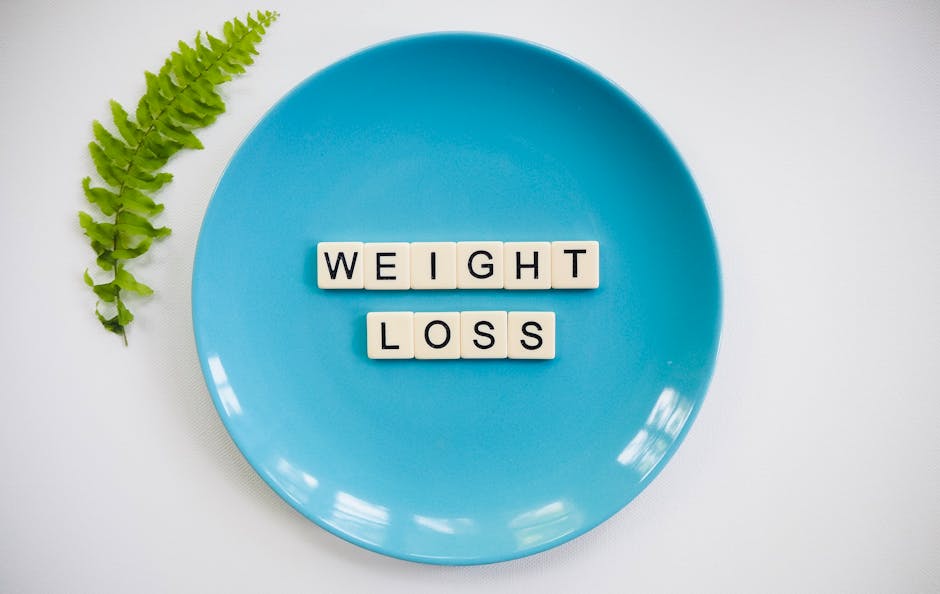Maintaining a healthy weight and adopting a balanced diet can significantly enhance our overall well-being and quality of life. With so much conflicting information and fad diets circulating, navigating the realm of diet and weight loss can be overwhelming. This blog post aims to demystify the complexities of this topic and empower you with practical strategies to achieve your health goals.
**Understanding the Relationship Between Diet and Weight**
Weight management is fundamentally about balancing energy intake and expenditure. When we consume more calories than our bodies burn, the excess energy is stored as fat, leading to weight gain. Conversely, when we burn more calories than we consume, we lose weight. A healthy diet provides the essential nutrients our bodies need without excessive calories, while regular exercise promotes calorie expenditure and supports weight loss.
**Choosing a Personalized Diet Plan**
There is no one-size-fits-all approach to dieting. The best diet for you depends on your individual health needs, preferences, and lifestyle. Consult with a healthcare professional or registered dietitian to determine the most suitable dietary plan for your specific situation. Some popular diet options include:
* **Mediterranean Diet:** Emphasizes fruits, vegetables, whole grains, lean protein, and healthy fats.
* **DASH Diet:** Designed to lower blood pressure, it focuses on fruits, vegetables, low-fat dairy, and limited sodium.
* **Plant-Based Diets:** Focus on plant-derived foods such as fruits, vegetables, legumes, and whole grains, with limited or no animal products.
* **Intermittent Fasting:** Involves alternating periods of eating and fasting to regulate calorie intake.
**Incorporating Exercise into Your Routine**
Regular exercise is an indispensable component of any weight loss plan. Aim for at least 150 minutes of moderate-intensity exercise per week, such as brisk walking, cycling, or swimming. Resistance training, such as weightlifting or bodyweight exercises, also helps build muscle mass, which boosts metabolism and facilitates fat loss.
**Mindful Eating and Portion Control**
Mindful eating involves paying attention to your food, savoring its taste and texture, and listening to your body's hunger and fullness cues. This practice helps prevent overeating and promotes a healthier relationship with food. Additionally, practicing portion control by using smaller plates and measuring out servings can help reduce calorie intake.
**Staying Motivated and Committed**
Maintaining a healthy diet and losing weight requires consistent effort and motivation. Set realistic goals, find a support system, and celebrate your progress along the way. Remember that weight loss is a gradual process that requires patience and perseverance. Don't get discouraged by setbacks; view them as learning opportunities and continue striving towards your goals.
**Conclusion**
Embracing a balanced diet and incorporating regular exercise into your lifestyle are crucial steps towards achieving and maintaining a healthy weight. By following the principles outlined in this blog post, you can make informed choices, create a personalized plan, and stay motivated on your journey to better health. Remember that it's not just about losing weight but about improving your overall well-being and enjoying a life filled with vitality and purpose.

